Through our partnership with Jefferson Moss-Magee Rehabilitation Hospital, The Jerry Segal Classic supports numerous programs and services for individuals with disabilities. Whether helping a patient purchase a wheelchair, providing funds to help patients as they return to their family, friends, and jobs, or funding community initiatives such as Magee’s peer support programs, The Segal Classic has touched the lives of thousands of individuals.
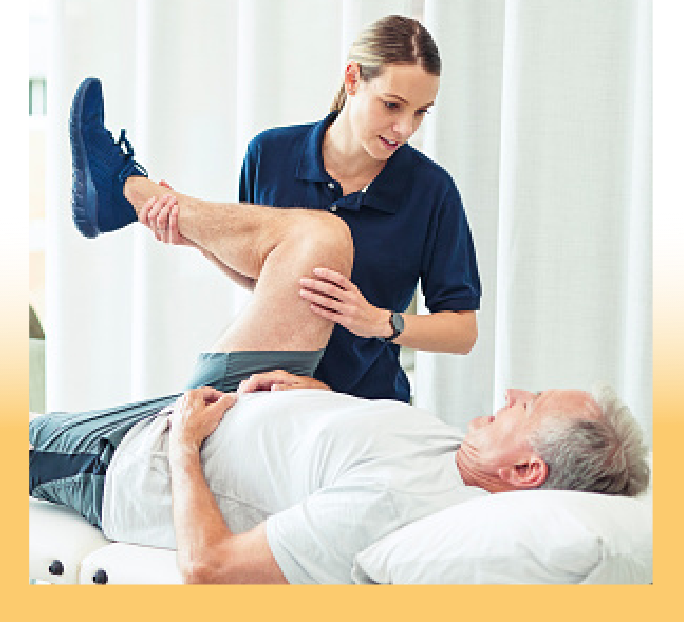
Financial support from The Segal Classic helps to offset what the patient’s insurance does not cover – making necessary therapies and equipment more accessible. In many cases, the funds support transportation, lodging, and meals for a patient’s family, to ensure Magee patients have their loved ones nearby to support their recovery.
Jefferson Moss-Magee Rehabilitation
Jefferson Moss-Magee, is the Philadelphia region’s first rehab hospital, opening its doors in 1958. Renowned for physical and cognitive rehabilitation, Magee’s inpatient and outpatient services are structed to provide lifetime rehabilitation and wellness programs with individuals with spinal cord injury, Multiple Sclerosis, brain injury, work-related injury, stroke, Guillain-Barre Syndrome, Multiple Trauma, and Parkinson’s Disease.
What Your Dollars Do

Subsidize Guest Housing
To assist families who must travel to access the nationally ranked care at Magee for a loved one. The Segal Classic helps offset the costs of nearby housing because research shows that having family support improves a person’s ability to recover.

Offer Patient Leisure Activities Program
Activities include movies, games, food, crafts, cooking projects, holiday events, art reach programs, etc. and events like Poker Night, Eagles games, Friday Pizza Parties uplift the spirits of patients and their families.

Provide Locomotor Training
(LT) as part of the Magee Wellness Program – This is a patient scholarship fund for those who do not have financial means to participate in the Wellness LT program.

Provide Access to the Vision Assessment Center
This center located within Magee has made a significant impact for our patients recovering from strokes and traumatic brain injuries. After the assessments are done, the Neuro Optometrist works with the therapy team to develop a treatment plan to address patients’ visual issues. These services are not covered by insurance and addressing them early in the patients stay at Magee has improved participation in therapy and outcomes.

Fund Life-Changing New Hospital Equipment
Includes a variety of specialty patient care equipment for the spinal cord injury, brain injury, stroke, and general rehabilitation programs. Over the past 30+ years, funds from the Jerry Segal Classic have helped purchase:
- Andago assistive walking device
- RT 300 stimulation bike
- Surveillance safety video camera for brain and stroke units
- Xcite FES system
- Lokomat
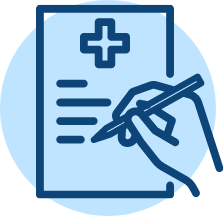
Support the Gaining Ground Program at the Riverfront
Gaining Ground is an advanced wellness program specifically tailored to the individual with the focus on increasing function, taking into account the goals and abilities of the client. The program includes an initial evaluation by a physical therapist and a fitness assessment by a personal trainer, a customized exercise prescription program and one-on-one training. Funds from The Segal Classic helped launch this program in 2015, and it has continued to grow in popularity among patients.
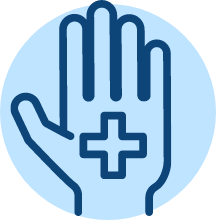
Fund a Day Rehab Scholarships
Help provide funding for patients who need to continue their rehabilitation and do not have financial means for full day therapy (day rehab) at Magee Riverfront. These funds are critical for continuity of care for patients in the spinal cord injury, brain injury and stroke programs.
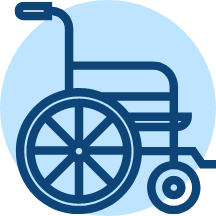
Donate to the Patient Equipment Fund (Free Care)
Support a patient’s continued success at home by helping cover discharge medications, cushions, assistive devices, grabbers, shower chairs, commode chairs and other equipment not covered by insurance.
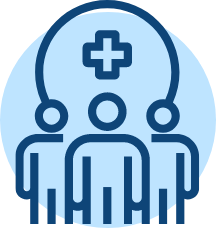
Support the Patient Peer Mentor Program Personnel & Operations
Includes the part time peer coordinators in spinal cord injury, amputee, brain injury and stroke, as well as funds for activities and events.
